Case Study: Innovative Solutions at Aditek, India
The benefits of installing a solar system are clear, however, as a long-term solution, its performance needs to continue to be reliable and efficient over time to truly be effective. That’s why candi’s risk-free approach makes its offering so compelling. If the system doesn’t perform, the client doesn’t pay. That means candi is an active partner in the relationship, invested in ensuring the success of the plants it installs – as was the case for a recent innovation for Aditek.
Project Background
Aditek is a manufacturer based in Kolhapur MH, India. Working in an industry with high power usage, a solar solution offers compelling benefits, from reduced operating costs to greater energy independence. Going solar also makes a significant positive impact on a business’ environmental impact, enhancing its sustainability credibility in a relatively easy and straightforward way. With all this in mind, candi initially consulted with the client to understand their specific requirements, and installed a 158kWp solar plant for the business. After some time, however, an issue started to emerge. The system was not performing as well as expected and Aditek wasn’t seeing the full benefit and candi's engineers went in to find the best way to optimise it.
The Issue
The candi team found that the manufacturing process was causing a layer of sticky dust to settle on the solar panels, reducing their generation capacity. The expected solution would be to regularly wash the panels manually, but the consumption of water and labour resources made this a non-viable option over the long term. Clearly, another approach was required – one which was both cost-effective and resource-efficient over time. According to Rana Pratap Singh, who is responsible for optimising the performance of candi’s Indian portfolio, “Ultimately what we want is to maximise generation so the client can get the best benefit. We want to find a way to make a small investment result in a bigger ROI.”
The Solution
The candi approach to solving this challenge was two-fold. To start with, the panels were given a chemical clean to completely remove all the residue that had accumulated over time. After considering a range of options, the engineers opted to use a solution from the cement industry, carefully diluted to the right pH to thoroughly clean the surface without damaging the modules.
With this completed, the objective was then to find a way to keep the panels cleaner for longer, maximising generation and cost-savings. There was no precedent for a solution of this nature, so the candi team had to come up with one themselves. After some experimentation, the engineers found a hydrophobic coating which could be applied to the module surface, preventing contaminants from settling and becoming stuck in the first place. This was applied to the panels, and the plant was put back into action.
Aditek, Kolhapur MH, India.
The Results
The initial assessment has shown an impressive improvement of between 15-20% in plant generation, and a longer-term study is underway to confirm the exact benefit. Additionally, it is estimated that cleaning will now only be required once a month, rather than up to four times in the same period. The qualities of the coating also mean that any incidental dust or dirt that does remain can be easily washed off without time-consuming brushing, reducing the labour needed per clean as well.
Now that this coating has been tested in a real-world pilot, the candi team are actively finding ways to apply it elsewhere, both by itself and combined with other technologies. As a case study, this demonstrates the pragmatic approach to innovation that defines the candi way, as well as the business’ true commitment to its risk-free model. Instead of relying on existing technologies, candi’s engineers develop custom solutions in-house to keep plants running as, or better than, expected and provide maximum returns to its customers.
For more information on candi’s offering, or to discuss ways to potentially improve the generation capacity of your system, get in touch with candi today.

